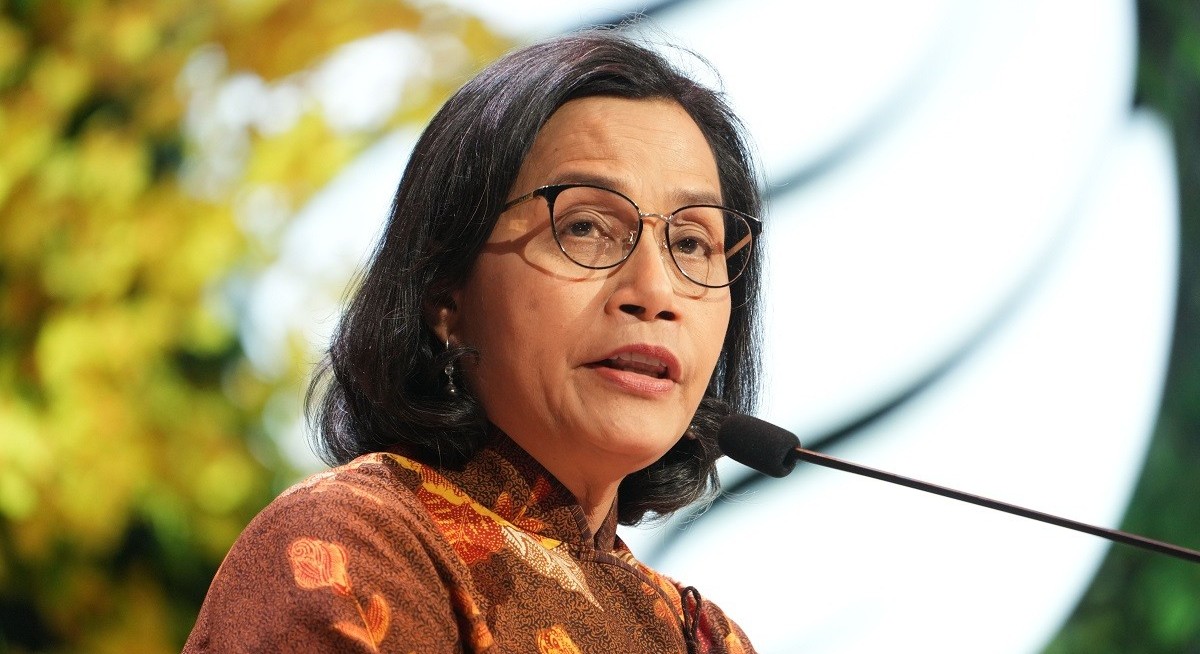She agreed to stay under Jokowi's successor, Prabowo, a headstrong former army commander. Indrawati lent him stature. As a candidate, he professed skepticism for deficit rules, and he insisted on targeting a pace of economic growth that was faster than many other economies. Her presence during the transition was encouraging. She was there to convince investors that Prabowo’s populism wouldn’t derail the country. That challenge will now belong to Purbaya Yudhi Sadewa, who has served as chairman of the Deposit Insurance Corporation since 2020.
Indrawati was only partly effective. Time and again over the past 11 months, the minister had to swallow indignities and front policies that a younger version of herself couldn’t possibly have stood behind. You can only twist yourself into a pretzel so many times. Prabowo gutted a long-planned increase in the value-added tax carefully designed by her team, and then embarked on a ferocious campaign to cut costs.
Prabowo’s fiscal projections are questionable. He has flagged smaller deficits from next year and even a balanced budget by 2028 despite some grandiose spending plans and a dearth of new taxes. The best that can be said about those predictions is that they are optimistic. Indonesia is bound by law to restrict shortfalls to 3% of gross domestic product. Adopted in the aftermath of the crippling financial crisis of the late 1990s, the limits have taken on a totemic nature. Indrawati was closely associated with them. The president gives the impression he couldn’t care less.
Had Indrawati departed with Jokowi, her reputation would have been close to golden. She was the star of his decade in power. She presided over cleanup of the tax system, something vital to Jokowi, an outsider who pledged during his campaign to have zero tolerance for corruption. Later, when Covid hit, Indrawati was able to put a positive spin on debt monetization, a controversial approach to stimulus. The central bank was to buy bonds directly from the government, something generally frowned upon.
See also: Prabowo puts Indonesia on collision course with global markets
Indonesia got away with it, partly because the pandemic overturned many precedents, partly because she insisted the program was unique to the times — and because her office would see to it that guardrails were respected. The central bank would remain independent, if she was there. Turns out it wasn’t so extraordinary. “Burden sharing,” the term used for this kind of unconventional aid, will again be used. Last week, the government was stressing the limited nature of the new program. Those guarantees rang a bit hollow.
It’s important that obituaries of her tenure don’t become hagiographic. Indrawati had a petulant side: At one point, she banned JPMorgan Chase & Co from doing business with any government agency after the firm downgraded Indonesian equities. The move was widely seen as an effort to gag critical research. The ban was lifted in 2018 when the local bourse was going through a rough patch. Principle could be mixed with liberal doses of pragmatism.
Someone senior had to go given the scale of the demonstrations in the last couple of weeks, and their link to a sense of inequality. Almost three decades after the fall of the late dictator Suharto, political and economic power remain in the hands of the elite. But it’s ironic that Indrawati is the one to be sacrificed. The heroism of student protesters during the Asian financial meltdown was one of the things that inspired her drive for public service. “The crisis destroyed the foundation of the financial system,” she told Bloomberg Markets in 2017. “It had been abused, only to become a machine for reproducing the kind of wealth and welfare for an elite.”
In the latest unrest, which claimed the lives of at least 10 people, the minister’s residence in Jakarta was targeted by looters. That made for a tragic end to a tenure marked by a steady hand. Indawati’s successor needs to quickly find his feet. If she has advice for those who follow her, it might be that without credibility, a minister will surely fail. And that such qualities, if you possess them, are definitely limited. - Bloomberg Opinion




